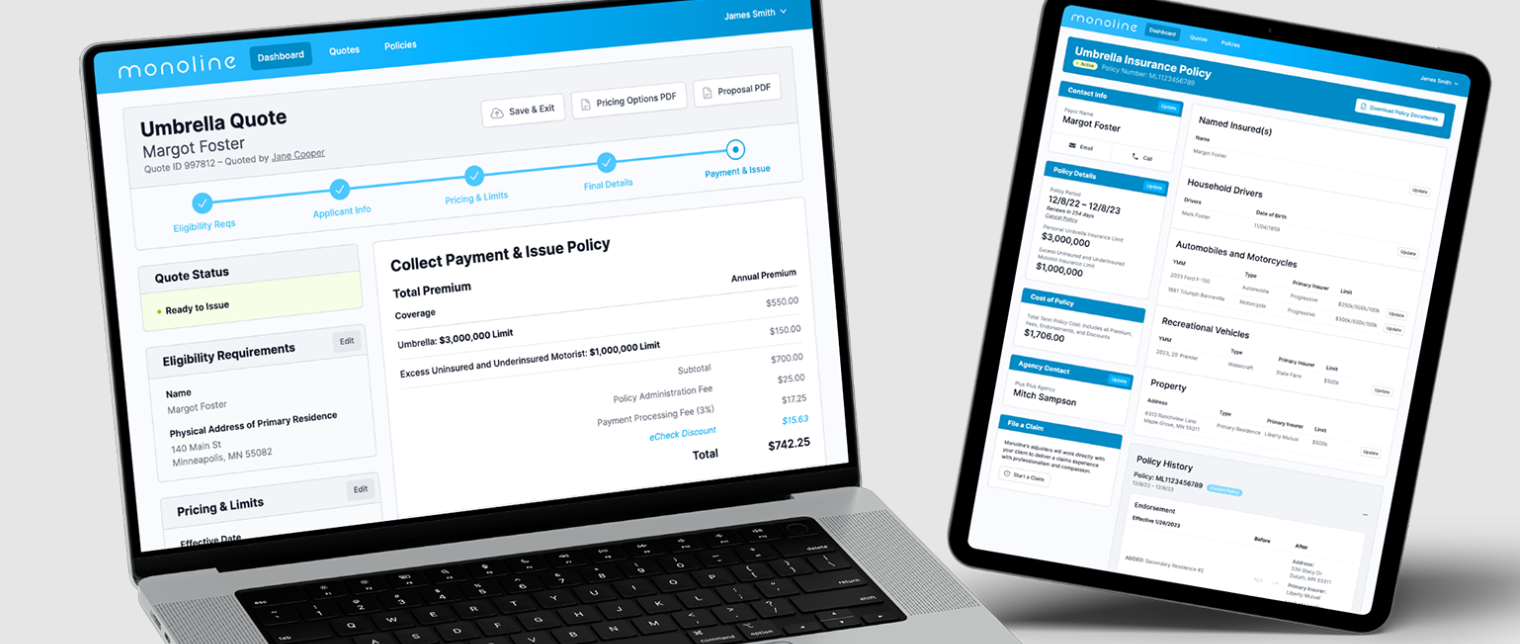PUC Certificate No Longer Necessary for Third Party Insurance: Supreme Court Revisits 2017 Ruling

Strong 8k brings an ultra-HD IPTV experience to your living room and your pocket.
In a significant ruling, the Supreme Court of India has revisited and removed the condition it had previously imposed on August 10, 2017, which required a PUC certificate as a prerequisite for availing third-party insurance for vehicles. This landmark decision has far-reaching implications for vehicle owners and the insurance industry. This article explores the details of this ruling, its implications, and the relevance of PUC certificates and e-challan Telangana.
Background of the 2017 Ruling
The Original Requirement
In 2017, the Supreme Court mandated that all vehicles must possess a valid PUC certificate to obtain third-party insurance. This move was aimed at ensuring that vehicles on the road met pollution control standards, thus contributing to environmental protection. The PUC certificate, which certifies that a vehicle's emissions are within permissible limits, became a crucial document for vehicle owners.
Enforcement and Compliance
The 2017 ruling led to increased enforcement of pollution control standards across the country. Insurance companies were instructed to verify the presence of a valid PUC certificate before issuing or renewing third-party insurance policies. This measure was intended to push vehicle owners to comply with emission norms, thereby reducing air pollution levels.
The Supreme Court's New Ruling
Removal of the PUC Requirement
On revisiting the 2017 order, the Supreme Court has now removed the condition that mandated the possession of a PUC certificate for availing third-party insurance. This decision was taken considering the challenges faced by vehicle owners and the insurance industry's feedback. The new ruling aims to simplify the process of obtaining third-party insurance without compromising on pollution control measures.
Implications of the New Ruling
1. Ease of Access to Insurance: Vehicle owners can now obtain third-party insurance without the need to present a PUC certificate. This simplifies the process and removes a potential barrier to insurance access.
2. Continued Emphasis on Pollution Control: While the PUC certificate is no longer required for insurance, it remains a mandatory document for vehicle registration and regular checks by traffic authorities. The emphasis on pollution control continues through other regulatory measures.
3. Impact on the Insurance Industry: Insurance companies are expected to streamline their processes, as the removal of the PUC requirement reduces the administrative burden associated with verifying certificates.
Understanding PUC Certificates
What is a PUC Certificate?
A Pollution Under Control (PUC) certificate is a document that certifies that a vehicle's emissions are within the permissible limits set by the government. The certificate is issued after a thorough check of the vehicle's exhaust emissions, ensuring compliance with environmental standards.
Importance of PUC Certificates
Despite the recent ruling, the importance of PUC certificates cannot be overstated. They play a crucial role in:
- Environmental Protection: Ensuring that vehicles emit pollutants within acceptable limits helps reduce air pollution and its associated health risks.
- Legal Compliance: Vehicles are required to carry a valid PUC certificate as part of legal and regulatory compliance. Regular checks are conducted by traffic authorities to enforce this requirement.
How to Obtain a PUC Certificate
Vehicle owners can obtain a PUC certificate from authorised emission testing centres. The process involves:
- Visiting an Authorised Centre: Locate an authorised PUC testing centre. These centres are usually found at petrol stations and vehicle service centres.
- Emission Testing: The vehicle undergoes an emission test, where the exhaust gases are analysed.
- Certificate Issuance: If the emissions are within permissible limits, a PUC certificate is issued. The certificate typically includes the vehicle’s registration number, the date of the test, and the validity period.
E-challan Telangana System
Introduction to E-challan Telangana
The e-challan Telangana system is an electronic way of issuing traffic violation tickets. In Telangana, this system has been implemented to enhance transparency and efficiency in managing traffic violations. The e-challan Telangana system integrates with various databases, including vehicle registration and PUC certificates, to streamline enforcement.
How E-challan Telangana Works
- Violation Detection: Traffic violations are detected using surveillance cameras and manual checks by traffic police.
- Challan Issuance: An e-challan is generated electronically, detailing the violation, date, time, and location.
- Notification: Vehicle owners receive a notification via SMS or email regarding the e-challan.
- Payment: Fines can be paid online through the Telangana e-challan portal, simplifying the process for vehicle owners.
Benefits of E-challan Telangana System
- Transparency: The system provides clear information about violations and fines, reducing disputes and corruption.
- Convenience: Vehicle owners can pay fines online, avoiding the need to visit traffic police stations.
- Efficiency: Automated processes reduce administrative workload and improve the speed of enforcement.
Role of PUC Certificates in E-challan Telangana System
While the recent Supreme Court ruling has removed the requirement for a PUC certificate for third-party insurance, it remains integral to the e-challan Telangana system. Traffic authorities can issue e-challans for vehicles found without a valid PUC certificate during random checks or routine inspections.
Conclusion
The Supreme Court's decision to remove the PUC certificate requirement for obtaining third-party insurance marks a significant shift in vehicle insurance regulations. This change simplifies the insurance process for vehicle owners while maintaining the importance of pollution control through other regulatory measures. In Telangana, the e-challan system continues to play a crucial role in enforcing traffic and pollution control regulations, ensuring that vehicles comply with emission standards. Vehicle owners must remain diligent in maintaining valid PUC certificates and adhere to traffic regulations to contribute to a cleaner and safer environment.
Note: IndiBlogHub features both user-submitted and editorial content. We do not verify third-party contributions. Read our Disclaimer and Privacy Policyfor details.







